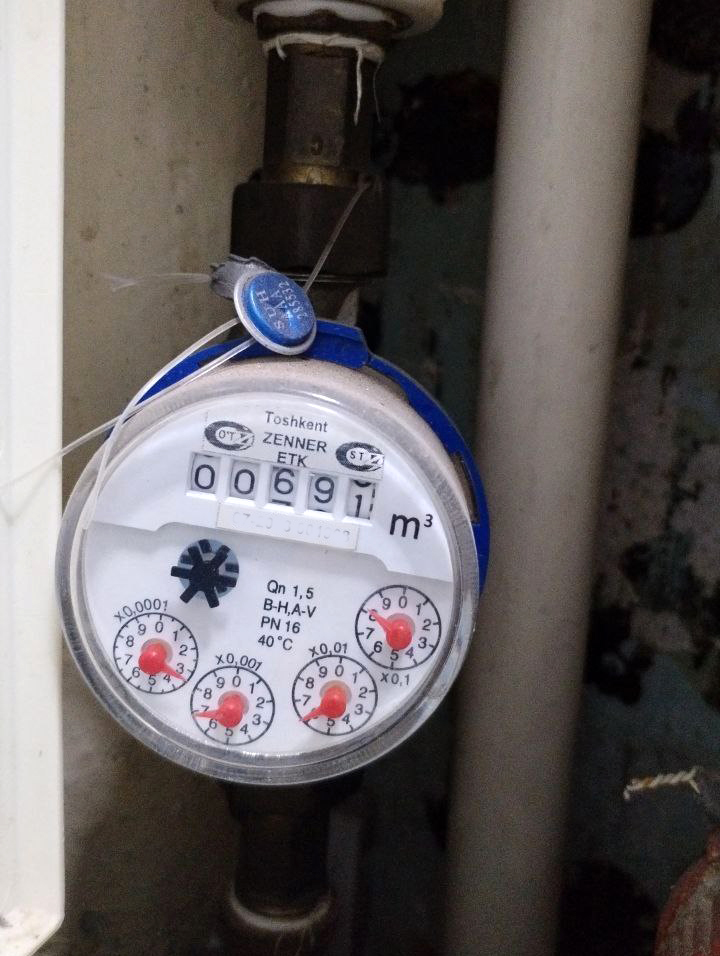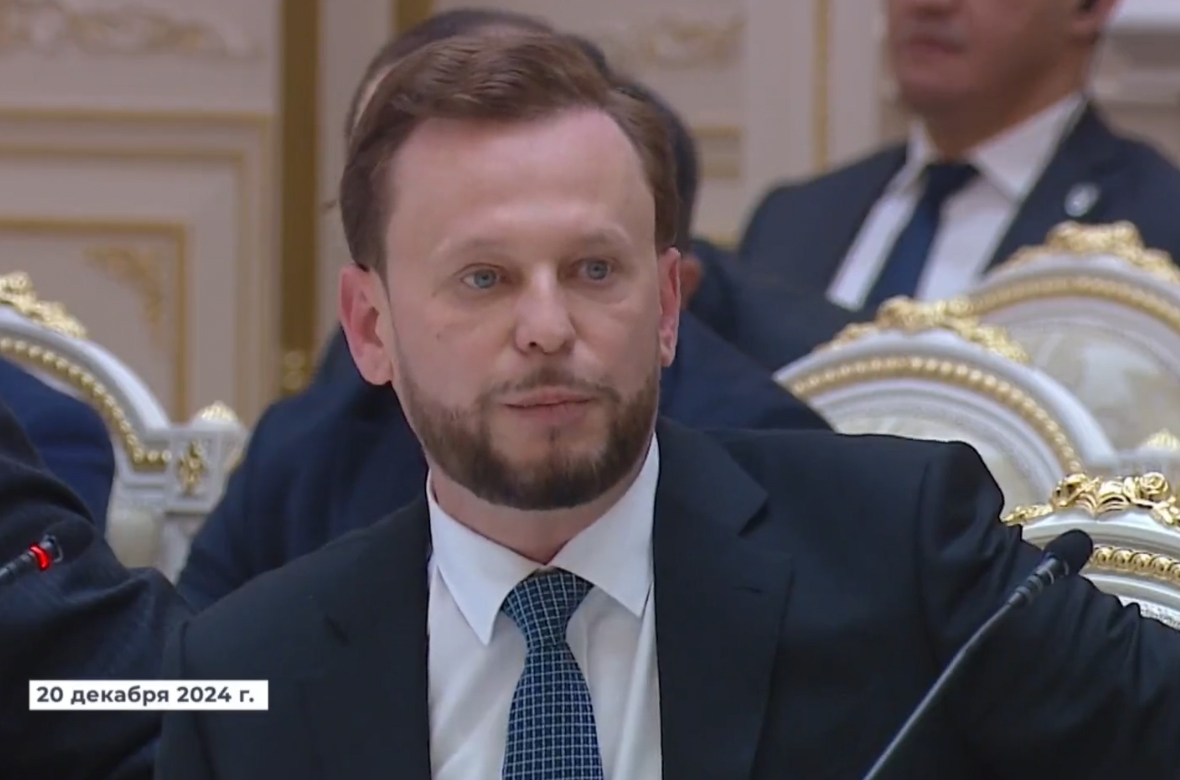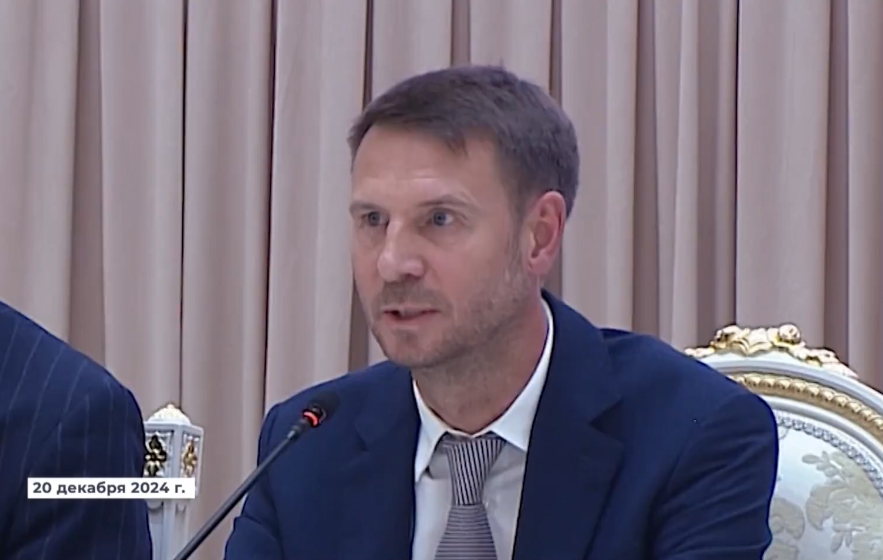This article is also available in:
Русский (Russian)
Uzbek
The Minister of Energy, Jurabek Mirzamakhmudov, shared details about a large-scale project through which Uzbekistan plans to export electricity to Europe. According to the minister, new generation facilities will be constructed for this initiative, isolated from the national energy system. This means that the exported electricity will not impact domestic energy resources or place a burden on the country’s energy system.
The Asian Development Bank (ADB) has already provided technical support for the project. On November 8, an agreement was signed to prepare the operations of a joint venture that will oversee the implementation of this ambitious initiative.
Later, at the COP29 climate conference, the energy ministers of Saudi Arabia, Uzbekistan, Kazakhstan, and Azerbaijan signed a roadmap. The document outlines the project’s implementation plan and explores the possibility of Saudi Arabia’s involvement.
The project aims to connect Central Asia, the South Caucasus, and Europe:
- Electricity will be generated at new renewable energy facilities in Uzbekistan, Kazakhstan, and Azerbaijan.
- Cables will be laid through the Caspian Sea, Azerbaijan, Georgia, and the Black Sea to Romania.
- A feasibility study (FS) is already being developed by an Italian company selected for this task.
Mirzamakhmudov emphasized that the new generation facilities will be isolated from the national energy system, ensuring that electricity exports to Europe do not disrupt or strain Uzbekistan’s energy resources.
“As for the next stages, the Italian company is preparing the preliminary FS, based on which a technical support agreement has been signed with the Asian Development Bank. We will start preparing the documents to establish a joint venture that will act as the operator in the further implementation of this project. After completing the preliminary FS, we will announce tenders and coordinate funding sources to begin the practical implementation of this ambitious project,” the minister noted.
He also added that exports will be carried out with consideration for the proportional participation of the parties involved. Azerbaijan and Georgia will not only act as transit countries but will also have the opportunity to include their “green” energy in the supplies.
“Azerbaijan, as part of COP29, signed many agreements to build new solar and wind energy generation facilities. Georgia has significant hydropower potential. Therefore, this joint effort to supply energy to the European market is beneficial for all parties,” the minister emphasized.
According to him, by 2030, Uzbekistan’s renewable energy capacity will exceed 20 GW, making up 40% of the country’s total generation.
The article may contain inaccuracies as it is translated by AI. For more details, please refer to the Russian version of the article. If you notice any inaccuracies, you can send corrections via the Telegram bot: Uzvaibik_bot.











